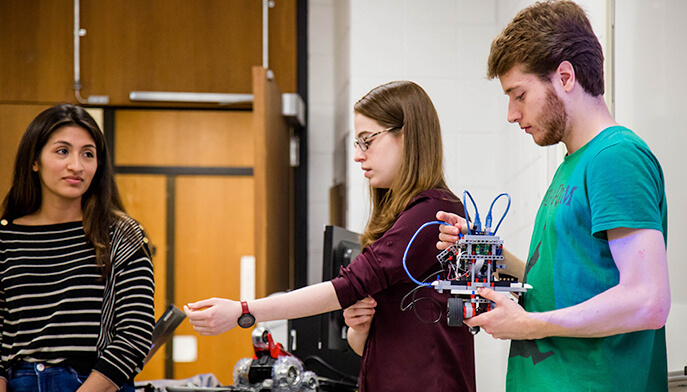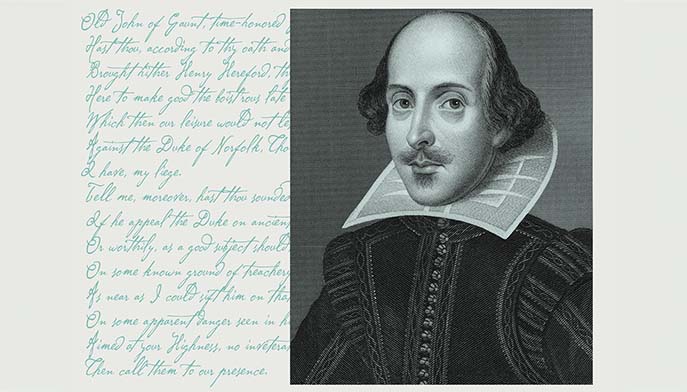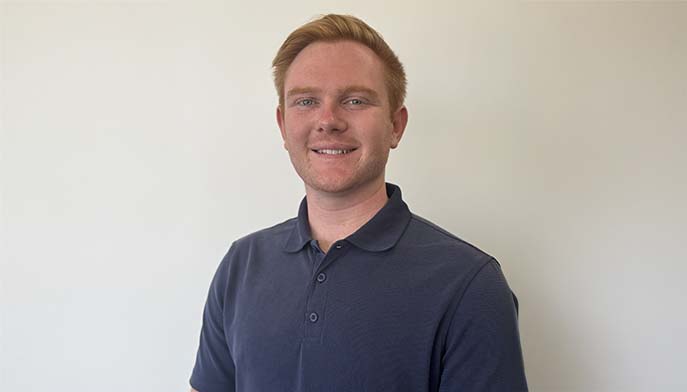Each summer, the College of Arts and Sciences offers select undergraduate students the opportunity to engage in faculty mentorship, hands-on learning, and the discovery of new knowledge while being challenged in innovative ways.
Over the summer, College of Arts and Sciences faculty members and students conducted advanced STEM research in projects that spanned multiple disciplines — offering students the chance to participate in or develop original research projects that fuel their passions, build industry connections, and make invaluable contributions to their fields of study.
In one project, Robert Nazarian, PhD, associate professor of physics, collaborated with Ethan Chow ’27, Brody Matijevic ’25, and visiting student Aidan McClure, to examine future trends in extreme snowfall across global mountain ranges.
In another, students Tayana Jones ’26, Morgan Shirley ’26, and Katelyn Wiehe ’27 worked in the lab of associate chemistry professor Jillian Smith-Carpenter, PhD, focusing on the synthesis and purification of two new self-assembling nucleopeptides. Their goal was to better understand the role of hydrogen bonding in the self-assembling process.
Wiehe shared that the experience allowed her to engage in “cleavages, couplings, and using tools such as MALDI and HPLC” to support her research. She and her team of student researchers confirmed that pteroic acid and guanosine share similar bonding tendencies — a discovery that contributes to the larger project of identifying cost-effective alternatives for developing medicine and technology.
Wiehe’s participation in this research was made possible by the Science Institute, an endowed program within the College of Arts & Sciences that supports science and mathematics through innovative teaching, curriculum development, lectures, and seed grants for research.
Shelley A. Phelan, PhD, professor of biology and director of the Science Institute, highlighted that “among the many students conducting research with faculty in Bannow this summer, three are being funded by the Science Institute, with others extending projects previously supported by the Institute.” She also emphasized that the Institute is “thrilled to continue supporting critical opportunities that often launch our students into competitive graduate programs, medical schools, and research positions.”
Undergraduate students also have the chance to conduct research through the Arts and Sciences Guarantee under the College of Arts and Sciences, a unique fellowship offering up to $2,500 to support students who secure approved unpaid internships, research, or fieldwork experiences while studying at Fairfield.
Beyond lab work, Wiehe and her peers presented their research during summer lunch seminars hosted by Sigma Xi, the Scientific Research Society. These seminars, which have been a tradition for more than 12 years, are supported by the Dean’s Office, the School of Engineering and Computing, and departments in the College of Arts and Sciences. Kraig Steffen, associate professor of chemistry, noted that the seminars provide students and faculty with a much-needed break to connect and learn about the diverse research happening at Fairfield.
Reflecting on her experience, Wiehe expressed gratitude for the support she received, saying, “I am thankful to Professor Smith-Carpenter and Fairfield University for providing such a unique experience for research students.” She added, “Overall, this was a wonderful experience, and I encourage other students to seize similar opportunities.”
Learn more about the College of Arts and Sciences at fairfield.edu/cas.



